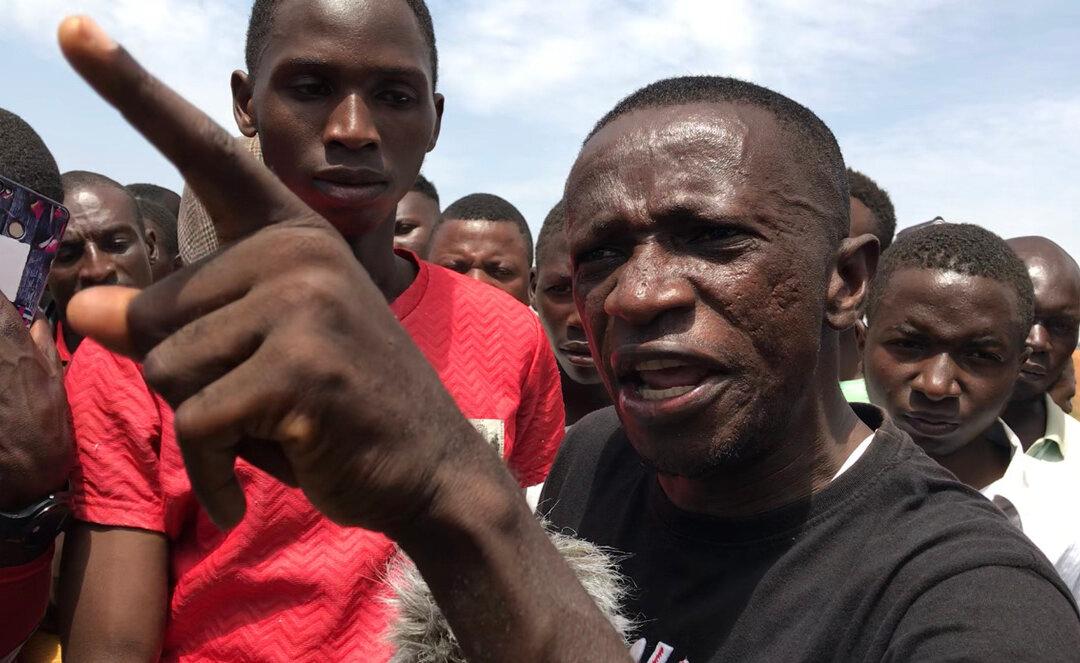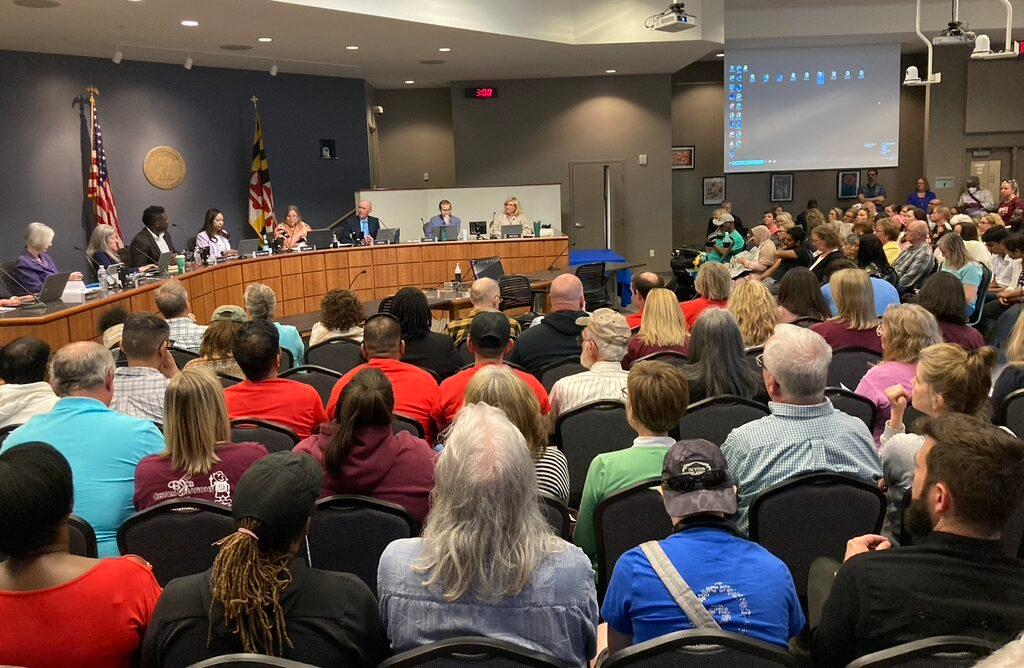To talk to Barry Asake today, you could picture a 57-year-old architect working in downtown Washington and driving home every day to leafy Bethesda, Maryland, and not a man who 90 days ago was hiking 11 hours a day through thorn bushes while guarded by heavily armed bandits.
But Asake lives in Abuja, the capital of Nigeria, and not Washington. Just three months ago, he got caught in the vortex of crime that has plunged his nation into crisis and caused some U.S. Africa watchers to worry that Nigeria could morph into a state dominated by an ISIS-like caliphate.





